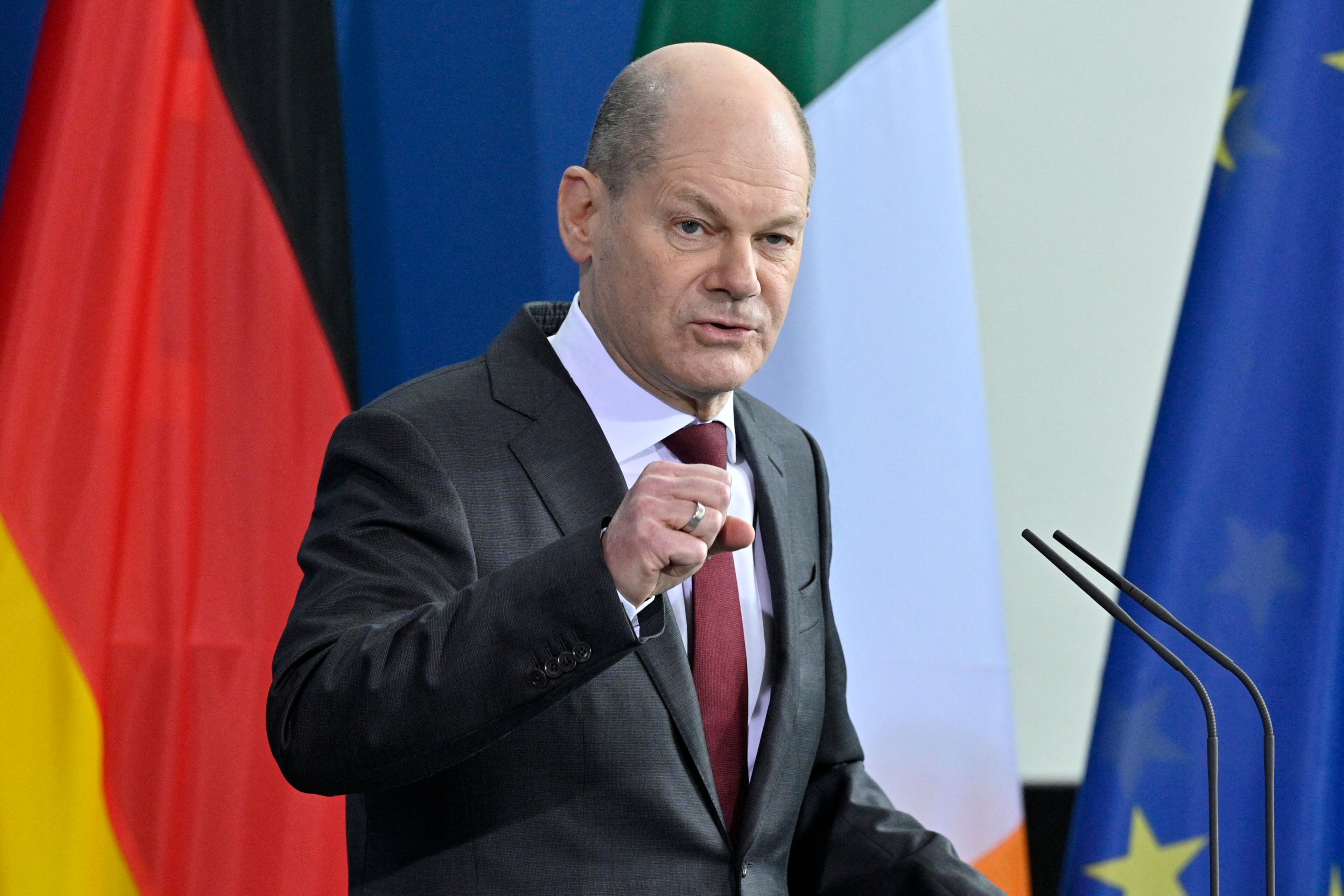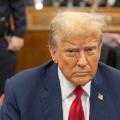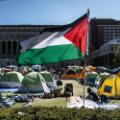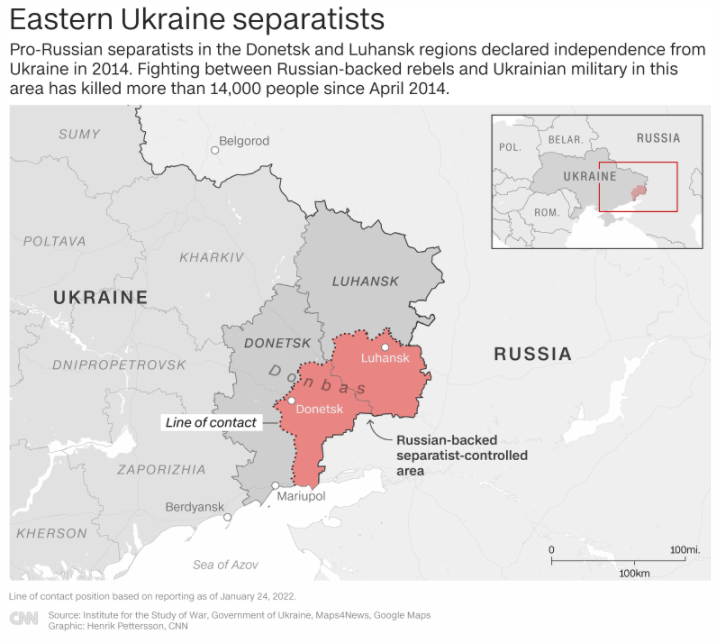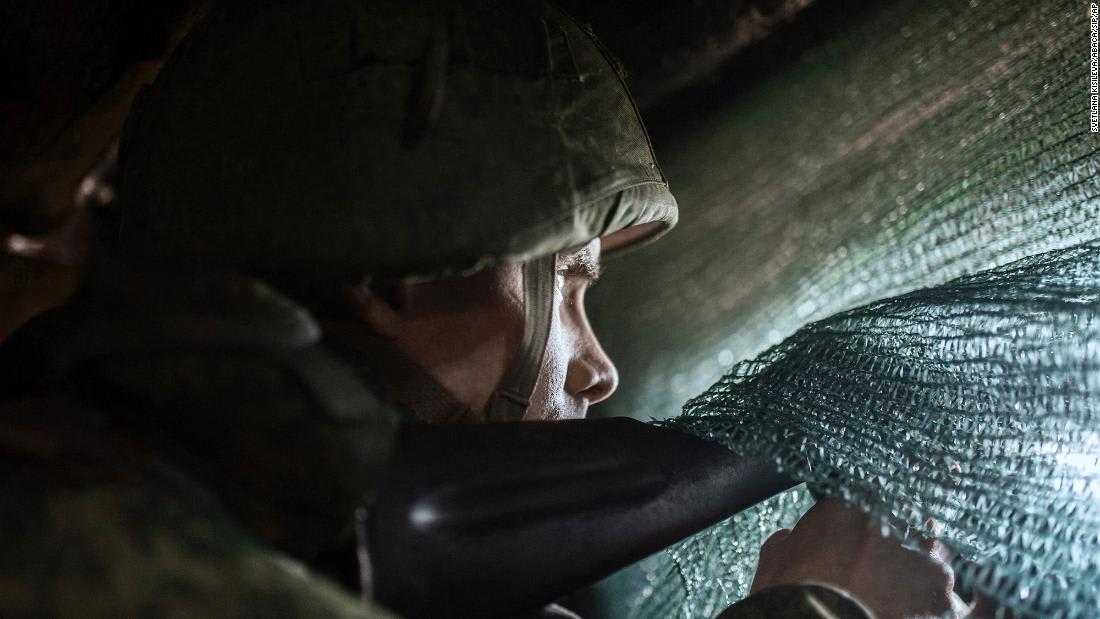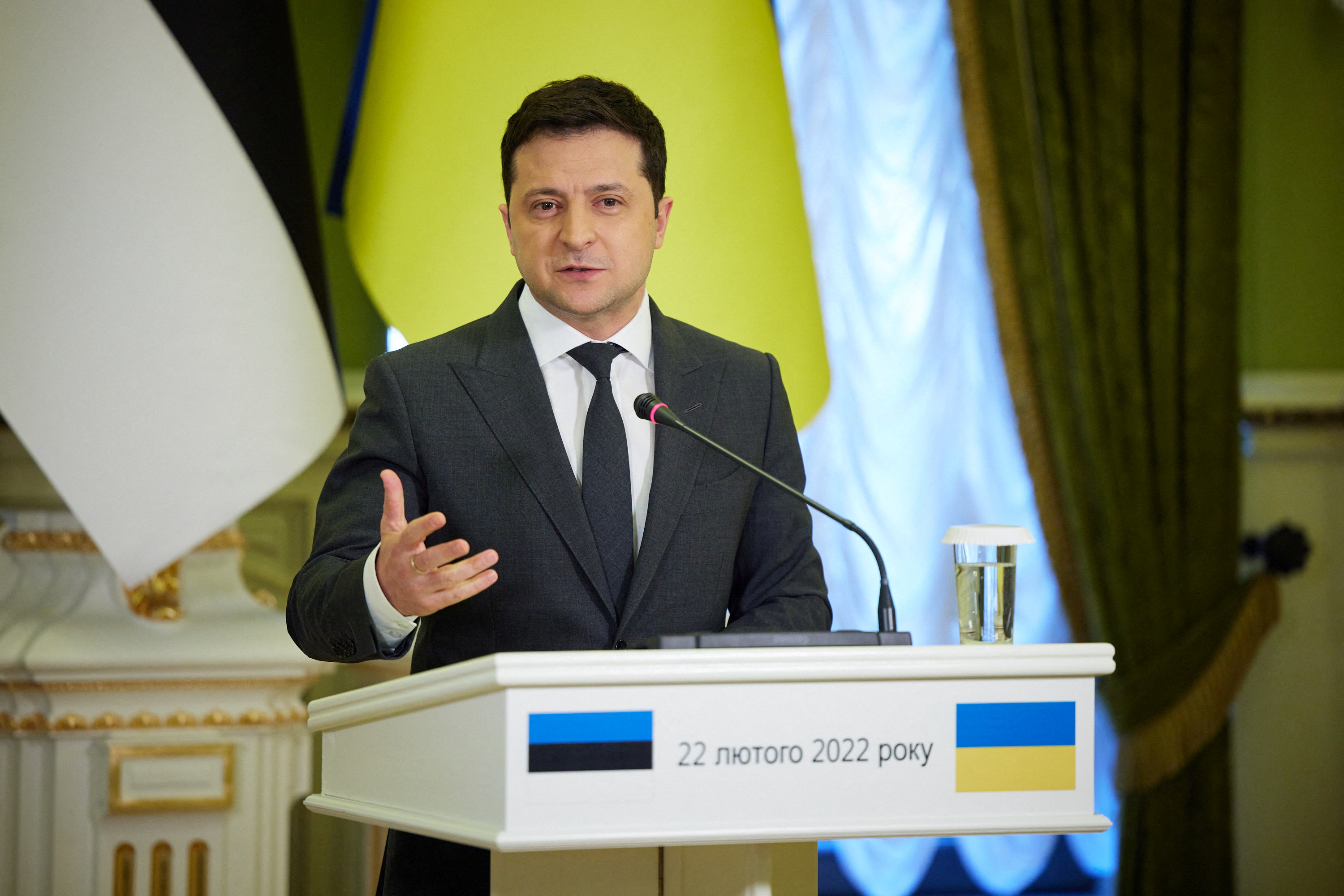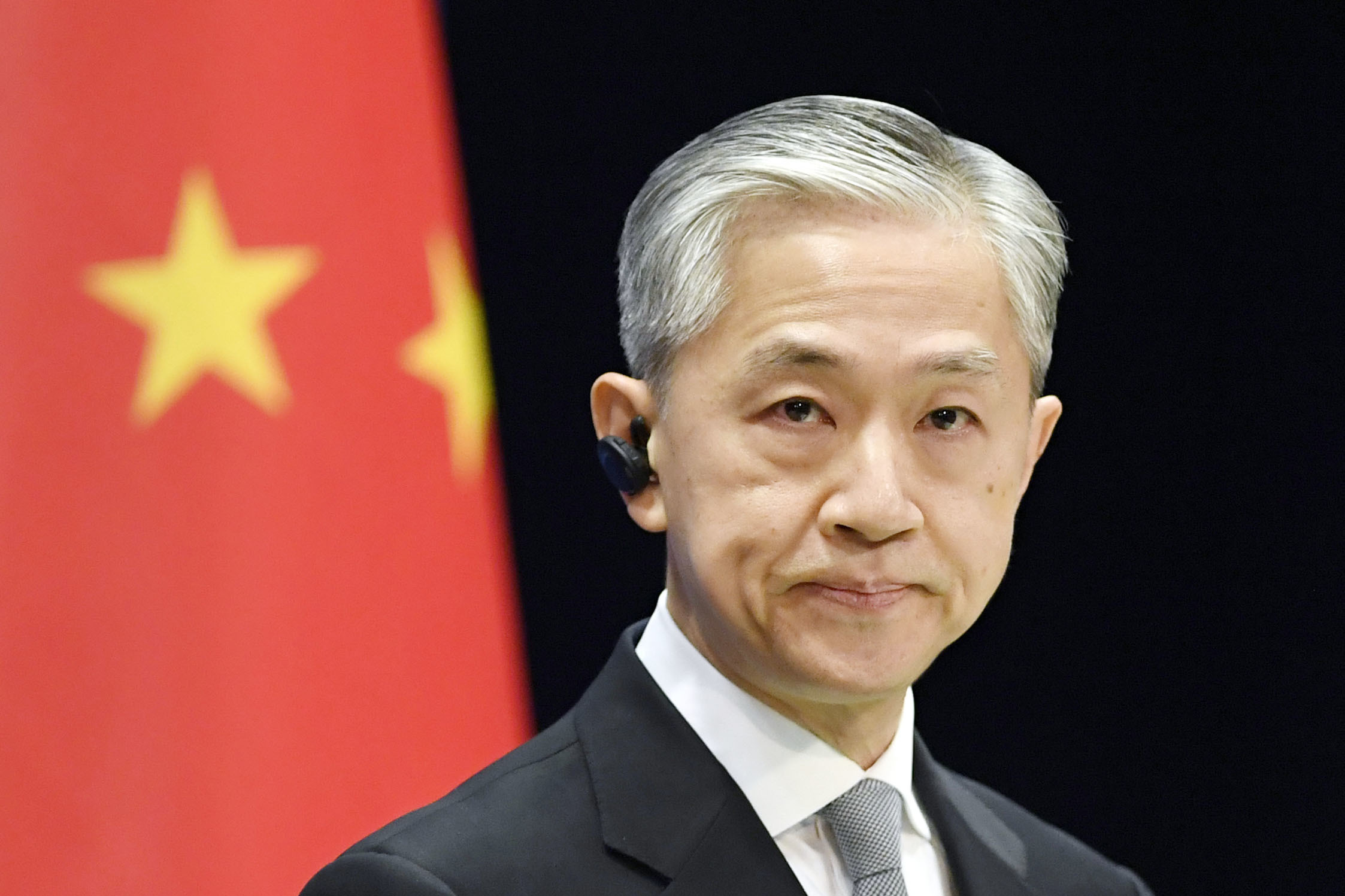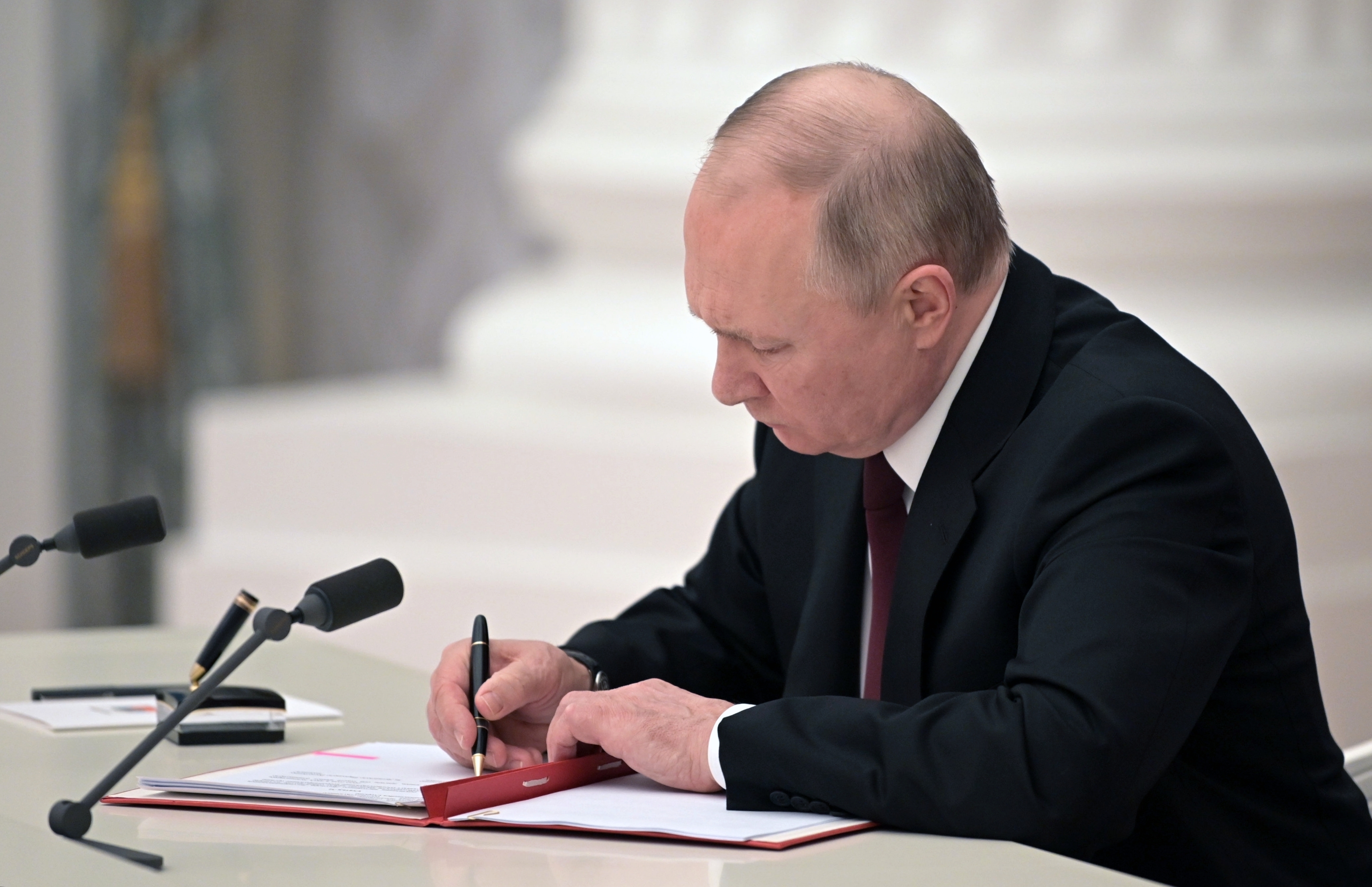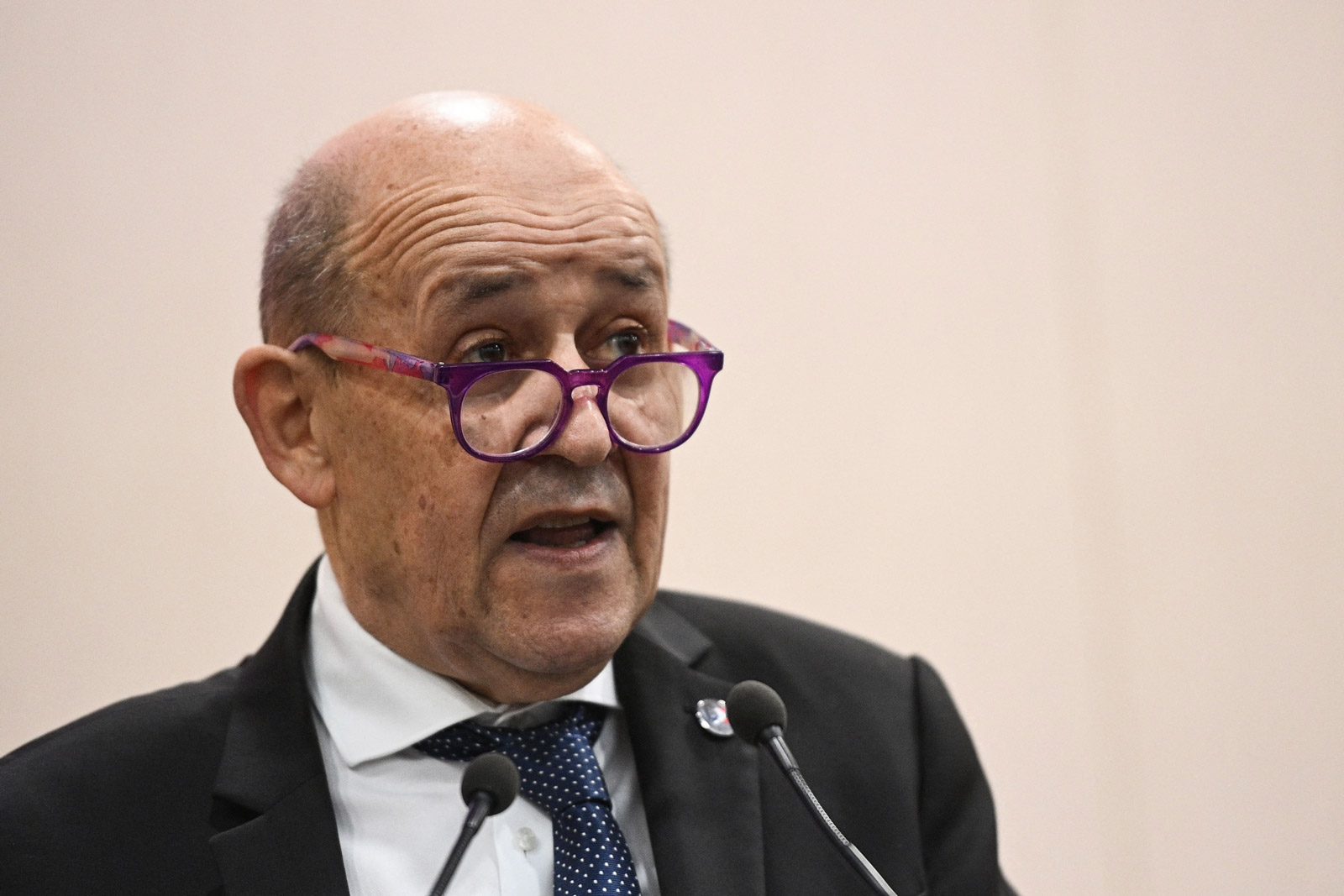Since Russian President Vladimir Putin’s extraordinary address on Monday evening, talk in Europe has turned to whether or not the European Union will maintain its hardline position on not-yet-public sanctions.
The EU’s position matters because, until now, the West’s position in this crisis has been heavily coordinated.
NATO has led the military and political organization whereas the EU, the world’s largest economic union, has proposed a package of sanctions that would do serious damage to the Russian economy, Putin’s associates and undermine Moscow’s grip on the Russian sphere of influence.
One NATO official told CNN last week that without the EU’s sanctions proposals “the Western response would unquestionably have been much weaker.”
But fears emerged on Monday night that the EU would put forward a less severe package in order to keep diplomatic options open and deescalate.
Putin’s decision to send troops into two separatist pro-Moscow regions in eastern Ukraine, and recognize them as independent, has put the West in a very difficult position as it determines whether or not what happened on Monday counts as a full invasion or not.
According to a senior EU diplomat, thinking as of Tuesday morning is that the West needs to take severe action against Putin for his most recent actions, but keep the option open to go further should Putin escalate again.
“They’re looking at a package of sanctions that is still under the remit of the 2014 sanctions package,’ after Russia annexed Crimea, the diplomat explained.
They said that all of this was being done in full coordination with the US and UK, but that “keeping a lot of sticks in our back pocket makes sense.”
The diplomat added that the “package presented today needs to be heavy enough to really hurt but to keep the package with massive consequences and costs available in the case of escalation.”
However, they admitted that we are not likely to see the new, maximum damage sanctions package in response to Putin’s most recent aggression.
The UK is also expected to put forward a sanctions package today and has publicly taken a very firm line against Putin.
Obviously, things are fluid and subject to change, not least because no one knows what Putin’s next move will be. However, the Russian president’s surprise move on Monday has put the Western alliance in a difficult position of not knowing how far to go in response.
